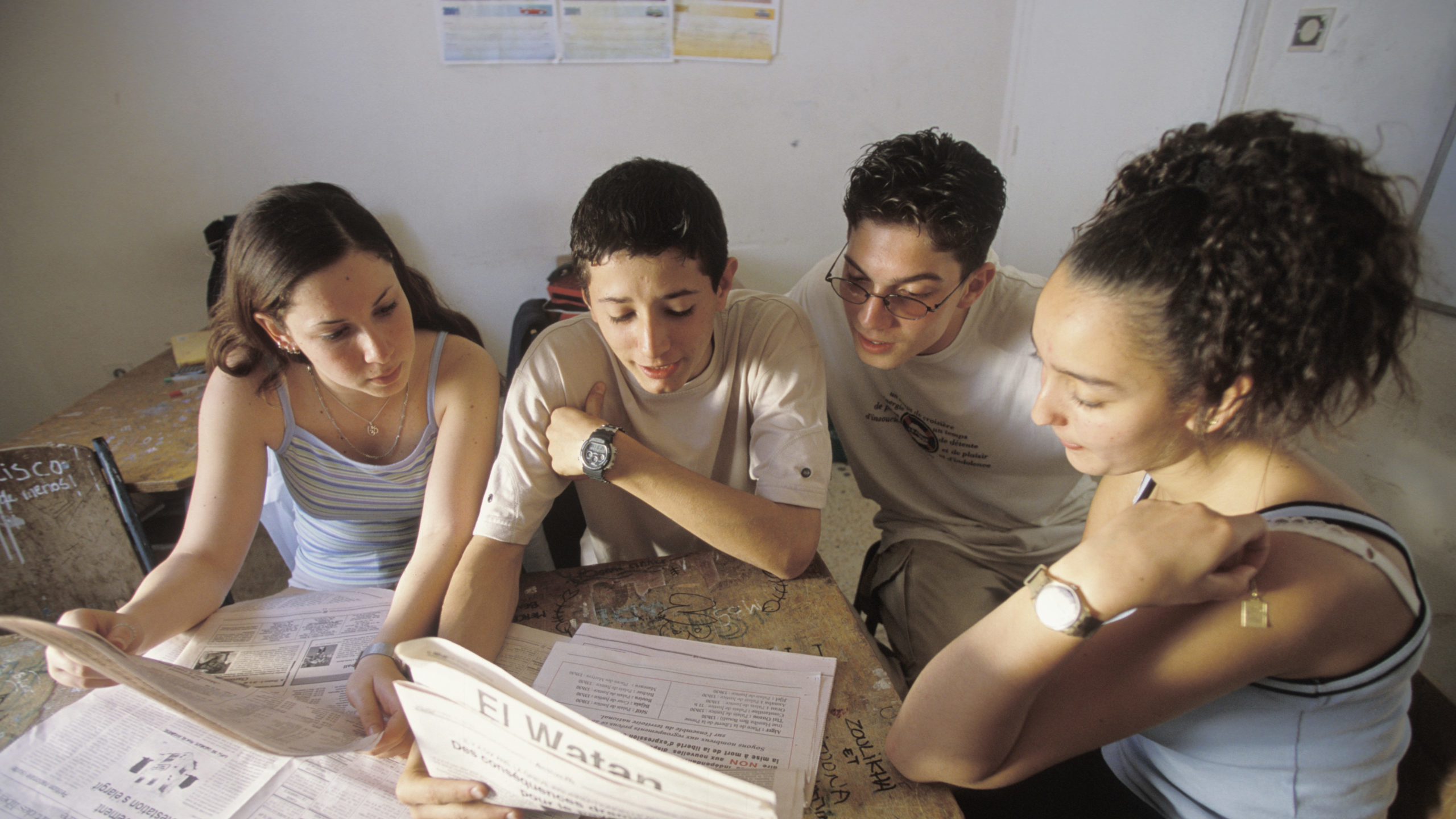resource
This chapter draws on ethnographic research carried out in rural Bolivia which explores how children and young people negotiate their independence, in particular looking at the strategies they form to affirm their autonomy as individuals despite the constraints which restrict them as children in an adult world. Different aspects of children’s and young people’s lives are considered, including the nature of their social relationships at home, at school, at work and in the community at large.
The research took place in Churquiales, a rural community in Tarija, which is in the south of Bolivia, above Argentina. A sample of eighteen households were visited regularly in order to carry out semi-participant observation and interview all the household members including children, young people, parents and grandparents. At the community school a variety of techniques were used mainly with the eldest thirty seven school children between 8-14 years, which included: classroom observation, photographs, drawings, diaries and worksheets.






